Marco Rizzi
Dalla Bibbia alla storia: Eusebio di Cesarea tra teologia politica e cristologia
Eastern Theological Journal 8 (2022) 1, 9-24.
Content
Introduzione; Una teologia diadica; La storia come teologia; Conservazione al servizio dell’unità; Conclusione: Eusebio al di là della teologia politica
Abstract
The paper focuses on Eusebius’ attitude towards the Council of Nicaea. Modern scholars tend to evaluate this topic in terms of his “political theology”. However, a closer examination of Eusebius’ thought indicates that it starts form one of the classical questions of (middle) Platonism, namely the relationship between the one and the many: Eusebius solves it by remaining anchored to the dyadic scheme of monarchical God and Logos, in the peculiar declination that Origen had already developed. Differently from Origen, Eusebius turns his attention to history more than to the Bible, in order to unveil God’s acting for the salvation of mankind. In Eusebius’ eyes, the divine monarchia, that is the unity of the Tri-Une God, constitutes the principle (arche) that rules the whole created reality, which represents the domain of multiplicity. The divine Logos operates as the link between the unity of God’s redemptive plan and its manifestation in history, first through the theophanies of the old economy, then in the Incarnation and in Eusebius’ time with the ongoing presence of the Logos in the multiplicity of the churches widespread in the Imperial oikoumene, which coincides with the whole world according to Eusebius. For this reason, he is very cautious toward contemporary attempts to define the intrinsic nature of the Trinity and especially the “generation” of the Son from the Father, because he foresees the theological conflicts that would put at risk the common faith of the churches. The Council of Nicaea chooses a different path, so that Eusebius appears a loser to the modern scholarly evaluation, which in my opinion appears incapable of reading Eusebius and his work outside the binary scheme of orthodoxy / heresy (Arianism) in its various post-Nicene declinations. Instead, Eusebius’ willingness to seek God’s presence not only in philosophy and theology, but also in history, politics, and the church that men and women most directly experience in their present world, should be emphasised in a postorthodox perspective.
